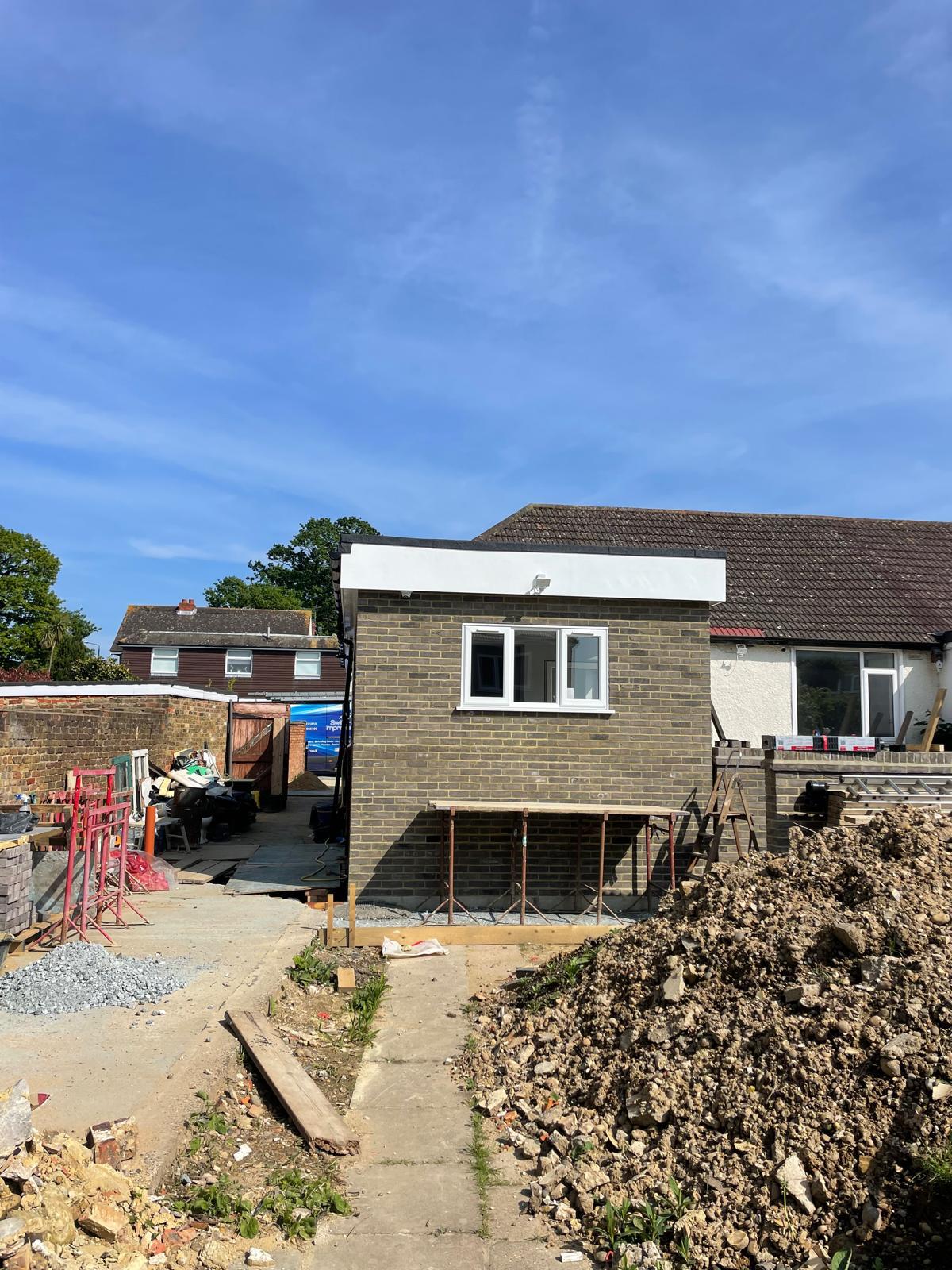So, Can I Buy a House with an Extension and No Planning Permission?
When you’re considering buying a property, it’s not unusual to find homes with unapproved alterations—especially extensions. This raises the important question: can I buy a house with an extension and no planning permission? The answer is yes, you can—but it’s not without risks. Understanding what this means legally and structurally can help you avoid costly problems later on.
In this blog, I’ll explain the implications of purchasing such a property, what checks you should carry out, and what steps to take if planning permission was never obtained.
What Is Planning Permission?
Planning permission is approval from your local authority allowing you to carry out specific building works, including extensions. While some minor works fall under permitted development rights, larger or more visible changes—like rear extensions, side builds, or double-storey additions—typically require formal approval.
If a previous homeowner built an extension without this approval, the responsibility can pass to the new owner, especially if the local authority investigates the work.
Is It Legal to Buy a Property Without Planning Permission for an Extension?
Yes, legally you can still proceed with the purchase. The absence of planning permission doesn’t stop a sale from going through—but it can lead to complications. These include:
- Enforcement notices from the local council
- Insurance issues
- Difficulty securing a mortgage
- Reduced resale value
If the extension breaches regulations, the council may even request that it be altered or removed.
What Are the Risks of Buying a House Without Planning Permission for the Extension?
1. Enforcement Action
If the extension was built within the last four years (for residential properties), the local authority could serve an enforcement notice requiring the structure to be altered or removed.
2. Mortgage Problems
Lenders may hesitate to approve a mortgage if there’s an unapproved structure involved. They often require reassurance that the build meets building regulations and won’t be subject to legal disputes.
3. Insurance Limitations
Home insurers may refuse to cover parts of the property that lack formal approval, leaving you financially exposed if damage occurs.
4. Resale Complications
If you want to sell in future, buyers may be put off by the lack of paperwork or may negotiate a lower price to cover the risk.
What Checks Should You Carry Out Before Buying?
Before going ahead with the purchase, make sure your solicitor or conveyancer checks the following:
1. Planning History
Ask the seller for documentation proving planning permission was granted—or that the work qualifies under permitted development.
2. Lawful Development Certificate (LDC)
If the extension is more than four years old and the council hasn’t taken enforcement action, the seller can apply for a Lawful Development Certificate. This proves the extension is lawful due to the passage of time and can help avoid future legal issues.
3. Building Regulations Approval
Even if planning wasn’t required, the extension should still comply with building regulations. Your solicitor should request sign-off certificates or completion notices from the local authority.
What if the Seller Doesn’t Have Planning Permission?
If the seller can’t provide evidence of approval, you still have options:
1. Apply for Retrospective Planning Permission
You (or the seller) can apply for retrospective permission through the local authority. If the work meets current standards, permission is likely to be granted—but it’s not guaranteed.
2. Purchase Indemnity Insurance
This one-off policy protects against enforcement action—so long as no one has alerted the council to the issue. It doesn’t make the extension legal, but it provides peace of mind for buyers and mortgage lenders.
3. Negotiate the Sale Price
If the risks are high or there are costs involved in legalising the extension, you may wish to renegotiate the purchase price.
What Should You Do After Buying a House with No Planning Permission for an Extension?
If you’ve already bought the house, here are your next steps:
- Apply for a Lawful Development Certificate if enough time has passed
- Seek retrospective planning permission if required
- Hire a professional to assess whether the build meets current UK building regulations
- Regularise the build through structural and safety inspections
How We Can Help
If you’ve bought or are thinking of buying a property in Kent with an extension that lacks permission, we can help assess its condition, advise on remedial works, and assist in bringing it up to current standards. Our team has supported homeowners across the region through planning, construction, and regularisation of unapproved builds.
We also offer complete planning support and carry out full renovation or extension works where needed to legalise or improve an existing build.
Contact us here if you need advice on how to move forward with a property purchase, or would like help regularising a home you’ve already bought.

